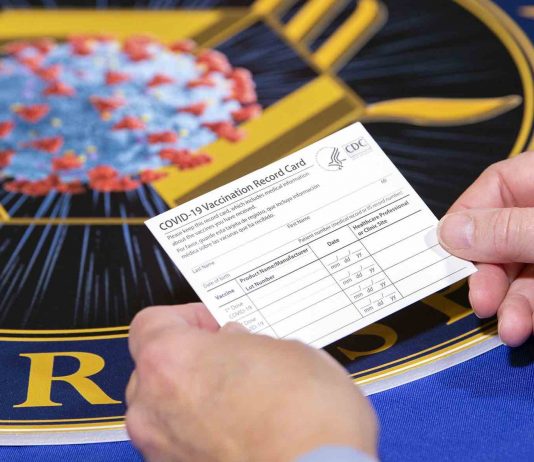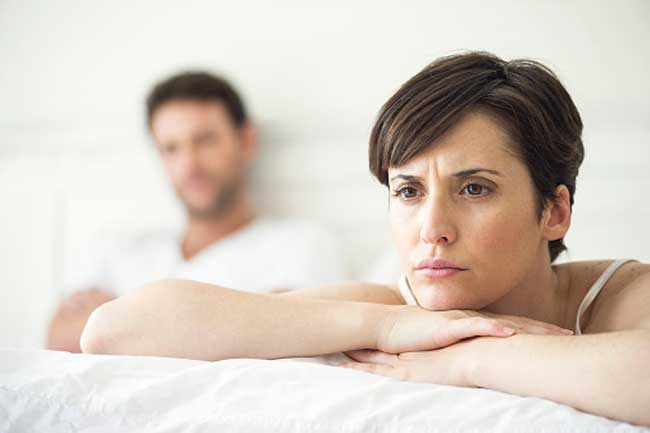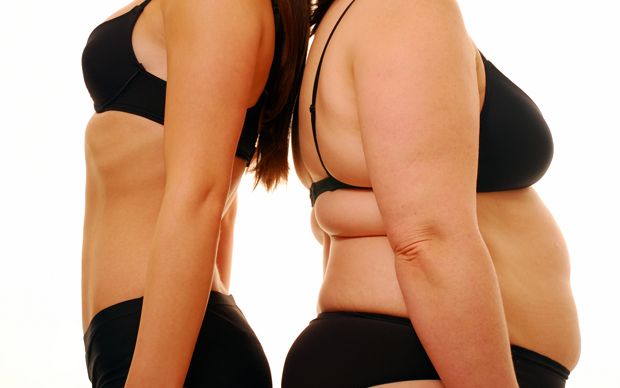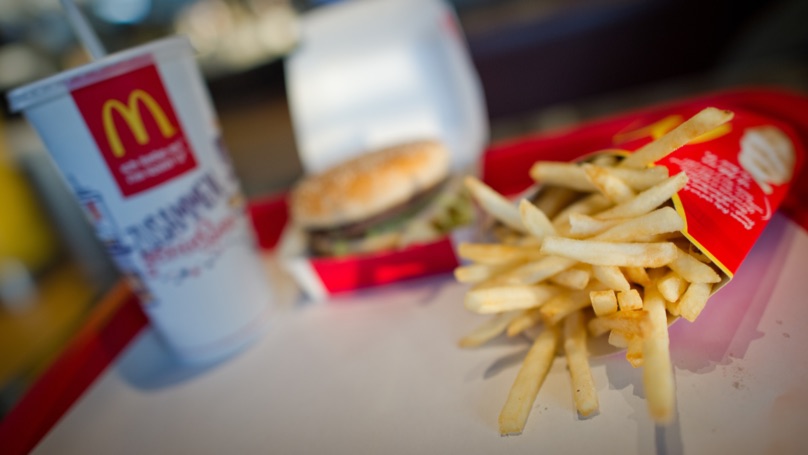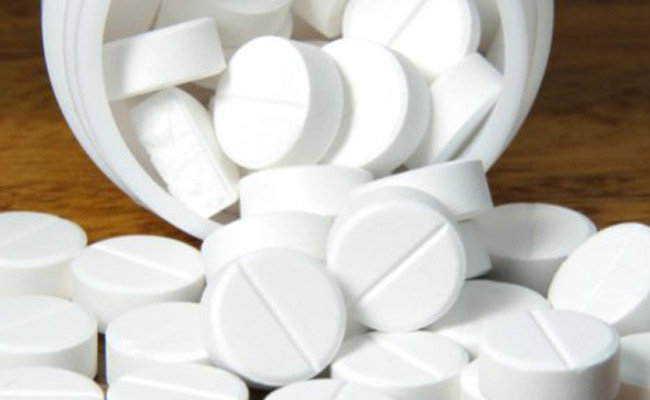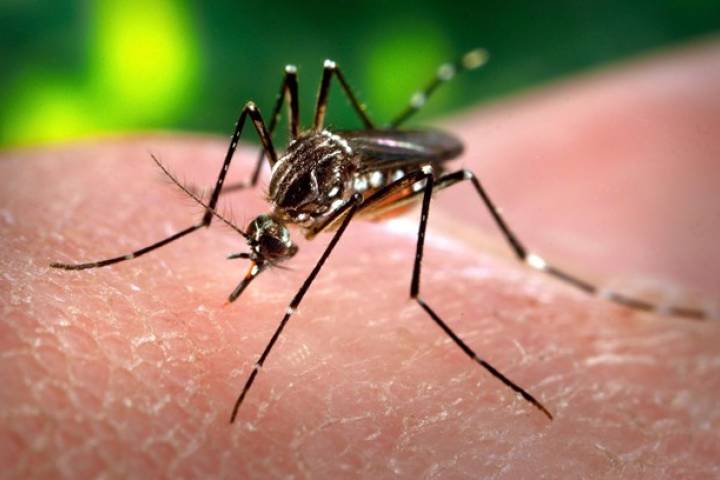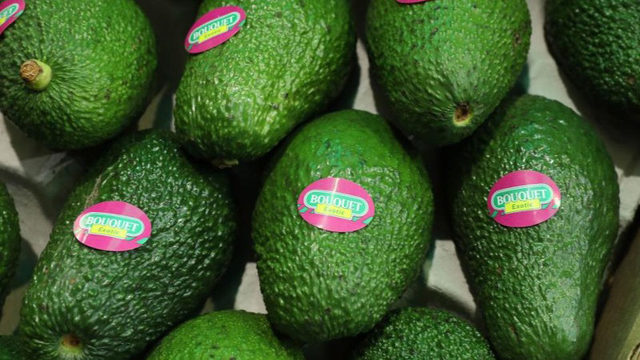McDonald’s fries to cure baldness, says new study
Infant sleep safety still misunderstood by many caregivers
(Reuters Health) - Even though most caregivers agree on the importance of safe infant sleep practices, many of them may not know what to do – or not do – to prevent sleep-related deaths from sudden infant death syndrome (SIDS), a U.S. study suggests.
Researchers questioned caregivers of newborns at Staten Island University Hospital in New York City about sleep safety and found 53 percent of them disagreed with use of pacifiers – which are in fact linked to a lower risk of SIDS – and 62 percent believed in swaddling infants – which is tied to an increased SIDS risk.
It’s possible that new parents may have a hard time discarding advice from their own parents or grandparents even though recommendations about sleep safety have changed considerably from one generation to the next, lead study author Dr. Sarah Varghese said by email.
“There is a certain power surrounding 'traditional' knowledge,” said Varghese, now at Emory University and Children’s Healthcare of Atlanta. “Both parents and health care professionals need to stay up-to-date on recommendations.”
Nationwide, SIDS kills about four babies out of every 10,000 live births, down from about 130 in 10,000 in 1990, according to the Centers for Disease Control and Prevention.
Despite the dramatic decline in death from SIDS since 1992, when the American Academy of Pediatrics (AAP) announced that babies should be placed on their backs to sleep, SIDS in recent years has remained the third leading cause of infant mortality, the authors report in the Journal of Perinatology.
Almost four years ago, the AAP issued new infant sleep guidelines for prevention of SIDS and other sleep-related deaths; the guidelines encouraged breastfeeding, pacifier use, and firm crib mattresses, and cautioned against blankets and pillows and bed-sharing.
The study by Varghese and colleagues, while small, suggests that at least some parents may not have absorbed these most recent recommendations.
The researchers questioned 121 caregivers, including parents and grandparents, of newborns delivered in 2013, asking how strongly they agreed or disagreed with recommended infant sleep safety practice.
Most participants strongly agreed on the importance of using a safety approved crib, avoiding exposure to smoke and getting routine childhood vaccinations.
But most of them disagreed with guidance against swaddling and using home monitors, as well as recommended pacifier use.
Some caregivers may avoid pacifiers because they have concerns about dental issues, while others may worry that it could interfere with breastfeeding, the study authors note. The AAP recommends starting pacifier use when babies are about three or four weeks old, after they are successfully breastfeeding.
Swaddling with blankets or specially designed wraps can increase the risk of infant death, but some nurses still swaddle infants in the hospital and teach new parents how to do it themselves, the authors note. Some caregivers believe swaddling can soothe infants and make it easier for them to sleep.
Only 61 percent of participants recalled being taught about sleep safety by a health care provider.
The study was small, limited to English-speaking participants and included primarily white caregivers, which may limit how much the findings apply to a more diverse population, the researchers acknowledge.
Even so, the findings highlight the challenge of conveying safe sleep practices to parents who may be overwhelmed by too much advice, said Dr. Michael Goodstein, a neonatologist at York Hospital WellSpan Health in York, Pennsylvania and a member of the AAP task force on SIDS.
“Even if parents have been made aware of safe sleep information, there may be competing and conflicting information and advice available from multiple sources including books, magazines, family and friends, TV shows and the Internet, as well as many different health care providers,” Goodstein, who wasn’t involved in the study, said by email.
SOURCE: bit.ly/1iCOSar Journal of Perinatology, published online September 3, 2015.
Drug addiction begins with painkiller for women, Study
Uganda facing HIV drugs shortage, govt seeks cash for imports
FDA approves Roche’s Cotellic for combination skin cancer therapy
Rite-aid Covid 19 Vaccine Appointment Online: Where To Get Yours
Frequent weight checks tied to less self-esteem for young women
Teens who often weigh themselves may be more likely to have mental health problems, according to a new study.
Girls who said they often weigh themselves were more likely to have depression, weight concerns and self esteem issues, researchers found.
“The findings from this study suggest that for some teens and young adults, self-weighing is associated with poor psychological health and it is important that we use caution when recommending self-weighing or any strategy for weight control that may not be beneficial for some individuals,” said lead author Carly R. Pacanowski, of the University of Minnesota in Minneapolis.
The 10-year study tracked almost 2,000 adolescents, most of whom were female. They were surveyed, weighed and measured in 1998, when they were in middle or high school and then again in 2003 and 2008 as they transitioned into young adulthood.
Overall, few participants agreed that they weighed themselves "often," the researchers reported in the Journal of Nutrition Education and Behavior.
But among women whose reports of self-weighing increased over time, so did their weight concern and symptoms of depression, which can be predictors of eating disorders, researchers found.
For men, as reported self-weighing increased, so did concern about weight, but other psychological variables did not change.
Parents, teachers, aunts, uncles, and friends may want to ask about self-weighing to gather more information if a teen seems overly concerned with her weight, Pacanowski told Reuters Health by email.
“Self-weighing may be easier to talk about initially than self-esteem or depressive symptoms,” Pacanowski said. “From there, getting in touch with a healthcare provider would be the next step.”
Obesity-prevention programs should avoid worsening body dissatisfaction and weight concern by understanding how behaviors like self-weighing affect teens, she said.
Pacanowski also cautioned that the new study can't say whether self-weighing causes low self-esteem, or low self-esteem causes teens or young adults to weigh themselves more frequently.
The new study is also limited by the use of the subjective term "often" to gauge the frequency of self-weighing over time, said Jessica LaRose, a health behavior and policy researcher at Virginia Commonwealth University in Richmond, who was not part of the new study.
“Thus, in terms of clinical implications for pediatricians, we can't determine using these data whether there is a specific threshold or frequency of self-weighing in this age group that could serve as a signal to explore mental health symptoms and well being,” LaRose told Reuters Health by email.
SOURCE: bit.ly/1kK5NrP Journal of Nutritional Education and Behavior, online November 9, 2015.


